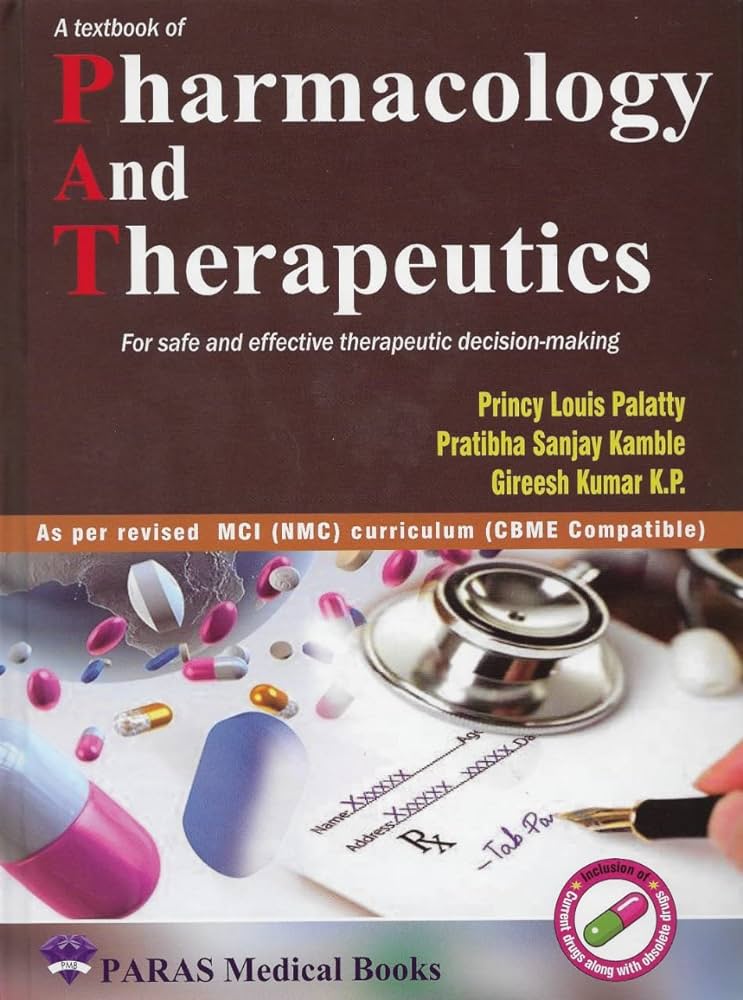代谢重编程和癌症中的g蛋白偶联受体
IF 12
1区 医学
Q1 PHARMACOLOGY & PHARMACY
引用次数: 0
摘要
g蛋白偶联受体(GPCR)是目前研究较多的药物靶点之一。gpcr参与了许多导致各种疾病的人类病理生理学,如癌症、糖尿病和肥胖。GPCR受体根据配体和组织类型激活多种信号通路。然而,本文将仅限于gpcr介导的代谢调节和相关信号通路的激活在癌症治疗中的应用。癌细胞通常具有重编程的细胞代谢,以支持肿瘤生长和转移可塑性。许多侵袭性癌细胞维持混合代谢状态,利用糖酵解和线粒体代谢来获得更好的代谢可塑性。除了葡萄糖和谷氨酰胺途径外,脂肪酸是一些癌症亚型的关键线粒体能量来源。近年来,针对脂肪酸β -氧化(FAO)等替代能量途径引起了人们对癌症治疗的极大兴趣。在不同癌症模型中进行的几项体外和体内实验报告了对FAO抑制剂的令人鼓舞的反应。然而,由于临床试验中FAO抑制剂的潜在肝毒性,间接靶向代谢重编程的新方法对于体内靶向癌细胞是必要的。本文特别关注游离脂肪酸受体(FFAR)和β-肾上腺素能受体(β-AR),因为它们在线粒体代谢和癌症中具有重要意义。进一步了解gpcr的药理学及其在癌症代谢中的作用将有助于重新定位gpcr靶向药物用于癌症治疗,并开发新的药物发现策略,将其与标准癌症治疗相结合,以增加抗癌潜力并克服耐药性。本文章由计算机程序翻译,如有差异,请以英文原文为准。
G-protein coupled receptors in metabolic reprogramming and cancer
G-protein coupled receptors (GPCR) are one of the frequently investigated drug targets. GPCRs are involved in many human pathophysiologies that lead to various disease conditions, such as cancer, diabetes, and obesity. GPCR receptor activates multiple signaling pathways depending on the ligand and tissue type. However, this review will be limited to the GPCR-mediated metabolic modulations and the activation of relevant signaling pathways in cancer therapy. Cancer cells often have reprogrammed cell metabolism to support tumor growth and metastatic plasticity. Many aggressive cancer cells maintain a hybrid metabolic status, using both glycolysis and mitochondrial metabolism for better metabolic plasticity. In addition to glucose and glutamine pathways, fatty acid is a key mitochondrial energy source in some cancer subtypes. Recently, targeting alternative energy pathways like fatty acid beta-oxidation (FAO) has attracted great interest in cancer therapy. Several in vitro and in vivo experiments in different cancer models reported encouraging responses to FAO inhibitors. However, due to the potential liver toxicity of FAO inhibitors in clinical trials, new approaches to indirectly target metabolic reprogramming are necessary for in vivo targeting of cancer cells. This review specifically focused on free fatty acid receptors (FFAR) and β-adrenergic receptors (β-AR) because of their reported significance in mitochondrial metabolism and cancer. Further understanding the pharmacology of GPCRs and their role in cancer metabolism will help repurpose GPCR-targeting drugs for cancer therapy and develop novel drug discovery strategies to combine them with standard cancer therapy to increase anticancer potential and overcome drug resistance.
求助全文
通过发布文献求助,成功后即可免费获取论文全文。
去求助
来源期刊
CiteScore
23.00
自引率
0.70%
发文量
222
审稿时长
90 days
期刊介绍:
Pharmacology & Therapeutics, in its 20th year, delivers lucid, critical, and authoritative reviews on current pharmacological topics.Articles, commissioned by the editor, follow specific author instructions.This journal maintains its scientific excellence and ranks among the top 10 most cited journals in pharmacology.

 求助内容:
求助内容: 应助结果提醒方式:
应助结果提醒方式:


